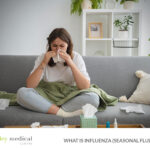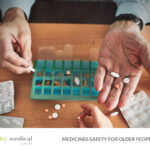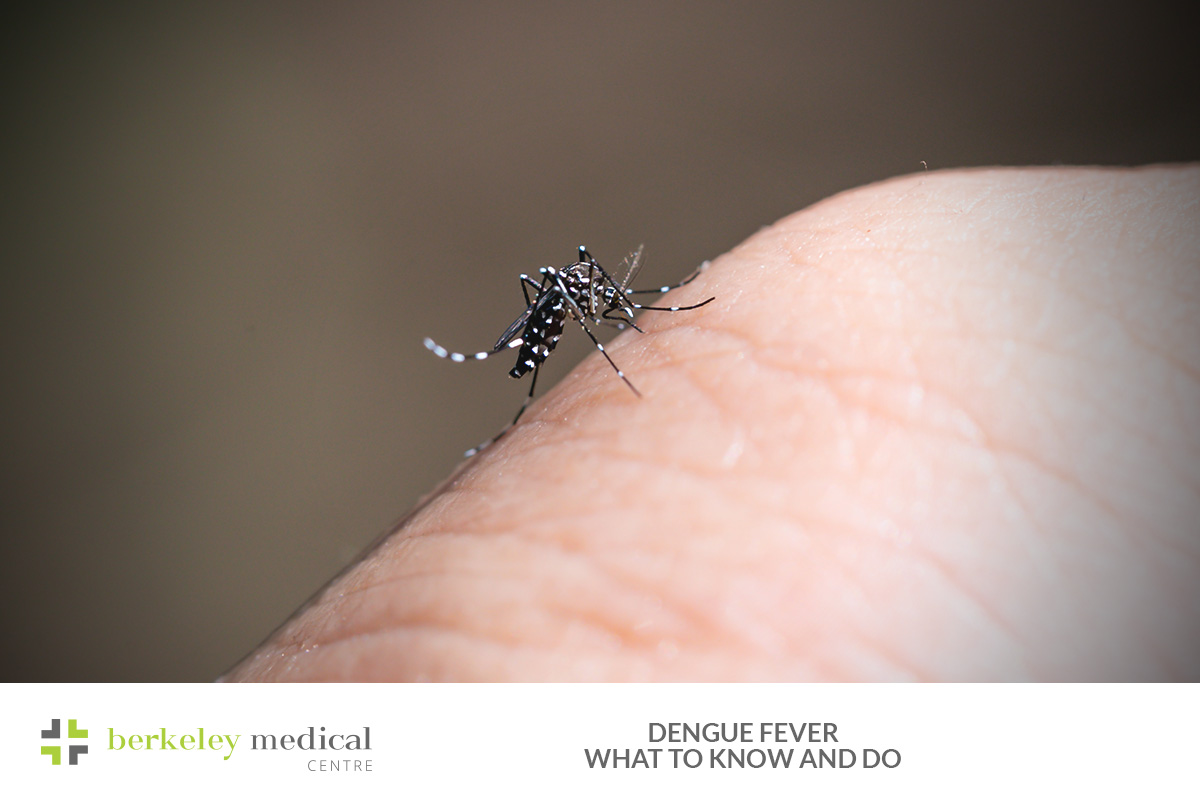When we think of mosquito-borne diseases, we often associate them with overseas travel. However, dengue fever is not just a tropical concern abroad it is a real health risk right here in Australia, especially in Far North Queensland.
As climate conditions shift and global travel continues, outbreaks are becoming more common in northern parts of the country. Knowing how dengue spreads, recognising the symptoms and taking action early can help protect you and your family.
What Is Dengue Fever?
Dengue fever is a viral illness spread by the Aedes aegypti mosquito, which is present in parts of northern Australia. The virus has four types (DENV-1 to DENV-4) and infection with one type does not provide immunity against the others.
The illness varies in severity many people experience mild symptoms, while others may develop severe dengue, a potentially life-threatening condition requiring hospital care. A blood test is used to confirm the diagnosis.
Where Does Dengue Occur in Australia?
In Australia, locally acquired dengue occurs primarily in Far North Queensland and surrounding areas
These areas have the right conditions for Aedes mosquitoes to thrive: warm, humid climates and urban environments with standing water.
Although most dengue cases in Australia are linked to international travel, local outbreaks can occur when a returning traveller carries the virus and a local mosquito transmits it to others. In past years, Queensland Health has responded to multiple such outbreaks during summer and wet seasons.
What Are the Symptoms of Dengue Fever?
Symptoms typically appear within 3 to 7 days after being bitten by an infected mosquito. While some people may have no symptoms, others may feel unwell quite suddenly.
Common dengue symptoms:
- High fever (above 38.5°C)
- Severe headache or pain behind the eyes
- Muscle and joint pain (often called “breakbone fever”)
- Nausea or vomiting
- Skin rash
- Extreme fatigue
Severe dengue symptoms (seek immediate care):
- Persistent vomiting
- Abdominal pain or swelling
- Bleeding from the gums or nose
- Low blood pressure, dizziness or fainting
- Lethargy or restlessness
If you experience any of these signs particularly after recent travel to Far North Queensland or overseas consult your GP without delay.
How Does Dengue Spread in Australia?
Dengue fever spreads when Aedes aegypti mosquitoes bite a person infected with the virus and then bite someone else. The disease is not transmitted from person to person.
Locally in Australia, the virus can spread when an infected traveller returns home and is bitten by a mosquito in a dengue-prone area. That mosquito can then infect others, triggering a local outbreak.
Health authorities in Queensland conduct mosquito surveillance and vector control programs to limit outbreaks, but prevention still depends heavily on personal protection.
How Can You Prevent Dengue Fever in Queensland?
Preventing mosquito bites is essential not just when travelling overseas, but also when visiting Far North Queensland, where dengue transmission can occur locally.
Follow these prevention tips:
- Use insect repellent containing DEET, picaridin or oil of lemon eucalyptus
- Wear long-sleeved shirts and long pants, especially during early morning and late afternoon
- Install insect screens on windows and doors
- Sleep under mosquito nets if you are camping or staying somewhere without screens
- Remove standing water around your home and garden (empty flowerpots, pet bowls, gutters and birdbaths)
- Clean and cover rainwater tanks to stop mosquito breeding
These actions significantly reduce your risk of mosquito bites and help prevent community transmission.
What Should You Do If You Suspect Dengue?
If you feel unwell after visiting a known dengue-risk area in Australia particularly Cairns, Townsville or regional Queensland and develop fever or body aches, book an appointment with your GP as soon as possible.
Early diagnosis allows for proper monitoring and care. Your GP may order a blood test to confirm the infection and advise on supportive treatment such as rest, fluids and paracetamol (avoid ibuprofen or aspirin).
How Is Dengue Treated in Australia?
There is no specific antiviral medication for dengue. Treatment focuses on:
- Staying hydrated (drink plenty of water and oral rehydration fluids)
- Managing fever and pain with paracetamol
- Getting adequate rest
- Avoiding further mosquito exposure to prevent the virus from spreading
For severe dengue, hospital care may be needed. This includes IV fluids, monitoring for bleeding and managing blood pressure. Fortunately, with early medical support, most people recover without complications.
Conclusion: Stay Aware and Stay Protected
Dengue fever is a serious but preventable illness. As local cases continue to emerge in Queensland, it is more important than ever to stay informed, especially if you are planning to visit northern regions.
By protecting yourself from mosquito bites and knowing the symptoms, you can lower your risk and act quickly if illness occurs. At Berkeley Medical Centre in Brisbane, our team is ready to support you with travel health advice, disease prevention strategies and symptom assessment.
How Berkeley Medical Centre Can Help
We offer:
- Travel health consultations for Queensland and overseas destinations
- Mosquito-borne illness assessments, including dengue
- Blood testing and symptom monitoring
- Preventive advice tailored to your travel plans or local exposure
- Post-travel follow-up care for returning travellers
If you are heading north or feeling unwell after travel, book an appointment with one of our experienced GPs today.







